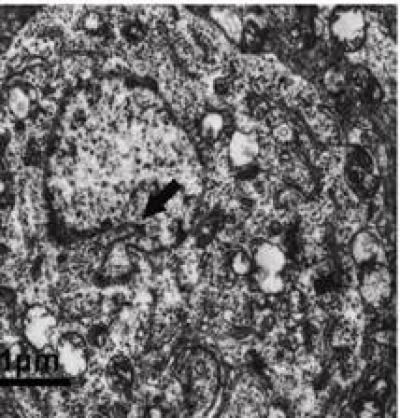Hypoxia-inducible factor 1 (HIF-1) attenuates amyloid-beta protein neurotoxicity and decreases apoptosis induced by oxidative stress or hypoxia in cortical neurons. Prof. Xiqing Chai and co-workers from Hebei Chemical and Pharmaceutical College, China constructed a recombinant adeno-associated virus (rAAV) vector expressing the human HIF-1α gene (rAAV-HIF-1α) efficiently, and tested the assumption that rAAV-HIF-1α represses hippocampal neuronal apoptosis induced by amyloid-beta protein. Their results confirmed that rAAV-HIF-1α significantly reduces apoptosis induced by amyloid-beta protein in primary cultured hippocampal neurons. This mechanism may be related to HIF-1α-decreased hippocampal neuronal intracellular calcium concentration ([Ca2+]i), thereby inhibiting apoptotic cascade reactions. With these investigations published in the Neural Regeneration Research (Vol. 9, No. 11, 2014), gene therapy using rAAV to deliver HIF-1α may ultimately provide a new option for clinical treatment of Alzheimer's disease.

In rAAV-HIF-1α group, hippocampal neurons show only slight morphological changes associated with apoptosis.
(Photo Credit: Neural Regeneration Research)
Source: Neural Regeneration Research